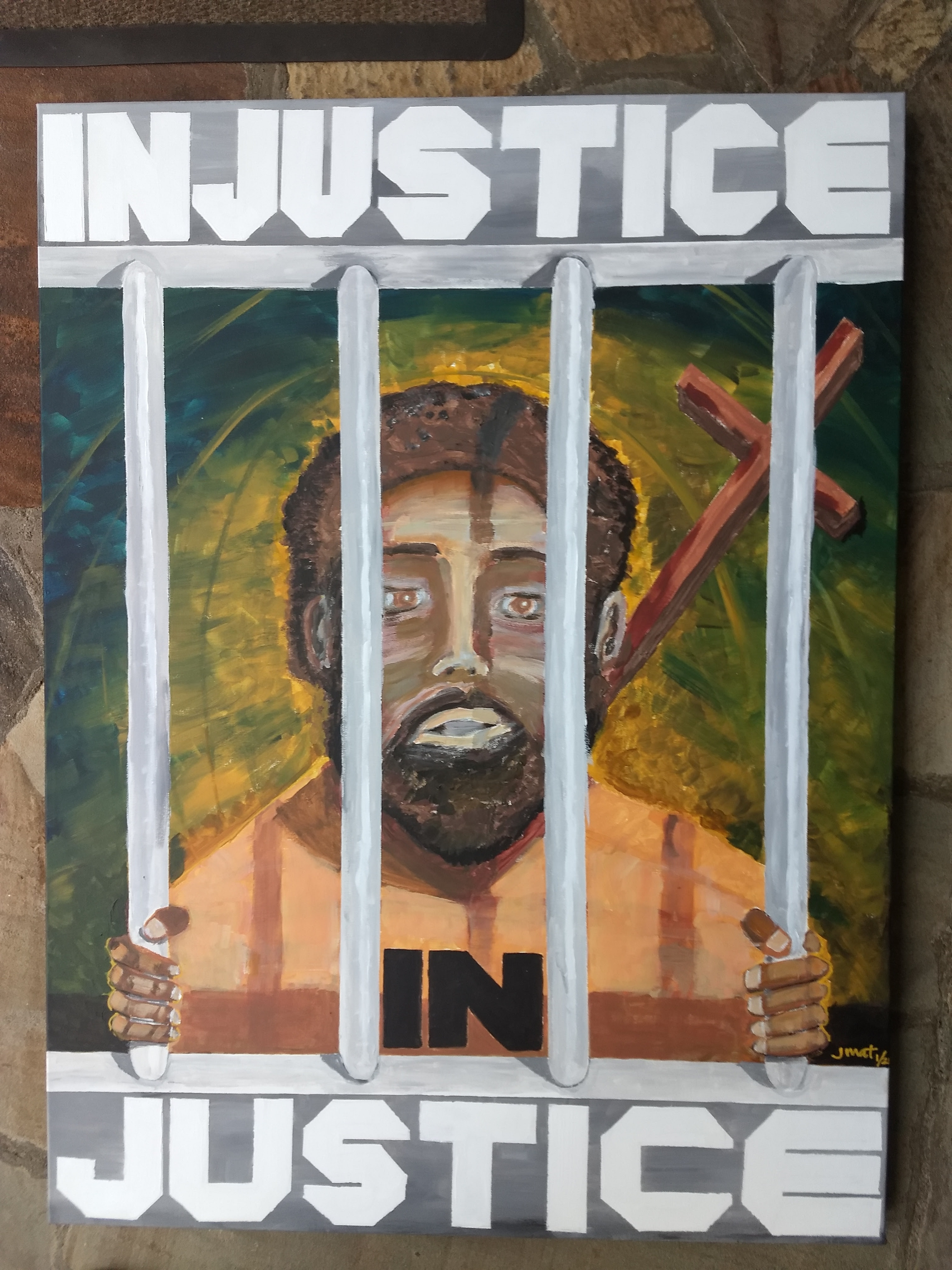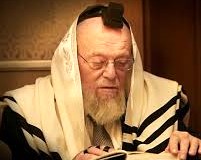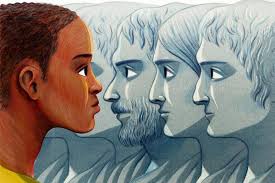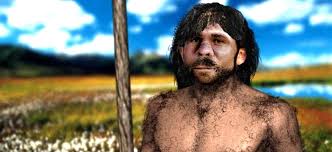Third Sunday of Lent
“The foolishness of God is wiser than human wisdom.” (I Cor. 1:25)
A “fool” is a person society considers to be mad, irrational, imprudent and unwise.
If that’s so, then …
Saul of Tarsus was a fool.
He gave up being a man of great standing in the Jewish world of his time. A fearless leader, he was determined to rid the Jewish community of the Messiah Movement centered on Jesus of Nazareth. Instead, after a mystical experience in which he heard Jesus say to him: “Saul, Saul, why do you persecute me?” Paul changed not only his name, but his entire life, becoming the most passionate and zealous preacher of all the early Christians, especially to the Gentiles. Half of the New Testament is about Paul, and his own epistles were the earliest of all writings about Jesus the Christ.
Francis of Assisi was a fool.
Born into a wealthy family, he lost his zeal for a life of luxury and privilege and instead became a man dedicated to total poverty and the existence of a beggar. As the founder of the Order of Friars Minor (Franciscans), Francis became one of the most venerated religious figures in history and the most popular of all saints. Our present Pope has taken his name.
Dietrich Bonhoeffer was a fool.
A pastor and theologian, he became a staunch opponent of the Nazi dictatorship and publicly opposed Hitler’s genocidal persecution of the Jews. He was arrested, sent to a Nazi concentration camp, and then executed by hanging just two weeks before Allied forces liberated the camp. His writings on Christianity’s role in the secular world have become widely influential, most especially his book The Cost of Discipleship which has become a modern spiritual classic.
Dorothy Day was a fool.
An American journalist, social activist, and devout Catholic convert, she helped establish a movement called The Catholic Worker. Decades later, this movement continues to provide direct aid for the poor and the homeless. The Catholic Church has recently opened the cause for her canonization and refers to her with the title “Servant of God.” One historian calls her “the most influential and significant figure in the history of American Catholicism.”
Oscar Romero was a fool.
A bishop of the Catholic Church in El Salvador, he became the fourth Archbishop of San Salvador. As such, he spoke out courageously against poverty, social injustice, assassinations and torture. He himself was assassinated by the brutal Salvadorian regime while offering Mass. Recently canonized, he is considered the patron saint of El Salvador.
Mother Theresa was a fool.
A winner of the 1979 Nobel Peace Prize, in September 2016 she was canonized as St. Teresa of Calcutta. Her work, and that of her Sisters of the Missionaries of Charity, has included running hospices and homes for people with HIV/AIDS, orphanages for abandoned children, soup kitchens, schools, and mobile clinics amongst the poorest of the poor.
Mohandas Gandhi was a fool.
Employing nonviolent civil disobedience, Gandhi was the preeminent leader of the Indian independence movement in British-ruled India. His employment of nonviolent civil disobedience led India to independence and inspired movements for civil rights and freedom across the world. He became renowned as well for his work organizing peasants, farmers, and urban laborers to protest against excessive land-tax and discrimination of all kinds. The honorific “Mahatma,” meaning “high-souled” in Sanskrit, is now used worldwide when speaking of Gandhi.
Martin Luther King, Jr. was a fool.
If you watched the movie “Selma,” you got a very real taste of the terror and the sheer brutality involved in the 1965 Freedom March that helped bring the 1964 Civil Rights Act to life and the work toward racial equality in America. Using much of the pacifism taught in the Gospels of Jesus, as well as the teaching of Mahatma Gandhi, Dr. King helped found the Southern Leadership Conference and served as its first president. In 1963, he delivered his famous “I Have a Dream” speech. The following year he was awarded the Nobel Peace Prize for combating racial inequality through nonviolence. He was assassinated in 1968.
And, of course, we should never forget perhaps one of the greatest of the “fools,” Mary, the child bride who “foolishly” said yes to an angel!
Jesus of Nazareth was a fool, too.
As today’s gospel reading points out so clearly, Jesus performed an act at the holiest place imaginable at that time, the Temple of Jerusalem, displaying a divine anger that resonated so deeply it led to his death on a cross. His words still ring down through the centuries: “… stop making my Father’s house a marketplace.” The rage he displayed was yet another attack on those who extracted excessive costs and taxes on the poor and the defenseless.
When we consider all these “fools,” along with so many others that could be named, it becomes crystal clear that, for some unknown reason, God likes fools. He seems to work well with them. Maybe it’s their powerlessness that attracts God, their emptiness, and their willingness to be filled with a Power greater than themselves. And maybe, too, that’s what Jesus meant when he said:
“The first will be last, and the last first.”
Or, maybe it’s because, as St. Paul said in today’s second reading:
“The foolishness of God is wiser than human wisdom.”
Which leaves you and me with a question to answer this Lent:
Are we ready to take the next step into “foolishness”?
Ted Wolgamot, Psy.D.

SISTER RACHEL’S QUOTE OF THE WEEK
“Peacemaking doesn’t mean passivity. It is the act of interrupting
injustice without mirroring injustice, the act of disarming evil without
destroying the evildoer, the act of finding a third way that is neither
fight nor flight but the careful, arduous pursuit of reconciliation and
justice. It is about a revolution of love that is big enough to set
both the oppressed and the oppressors free.”
― Shane Claiborne





